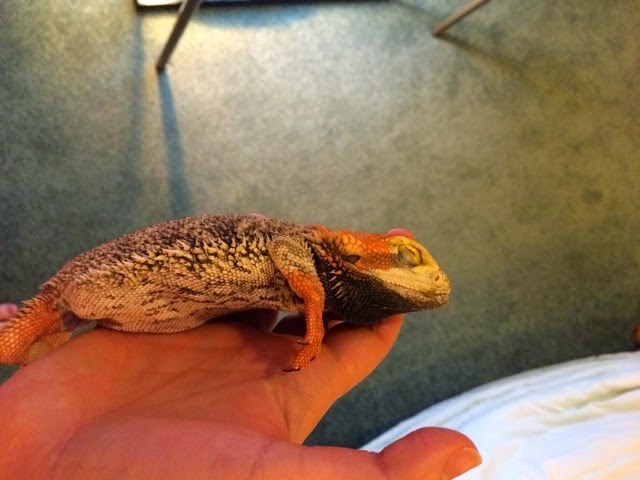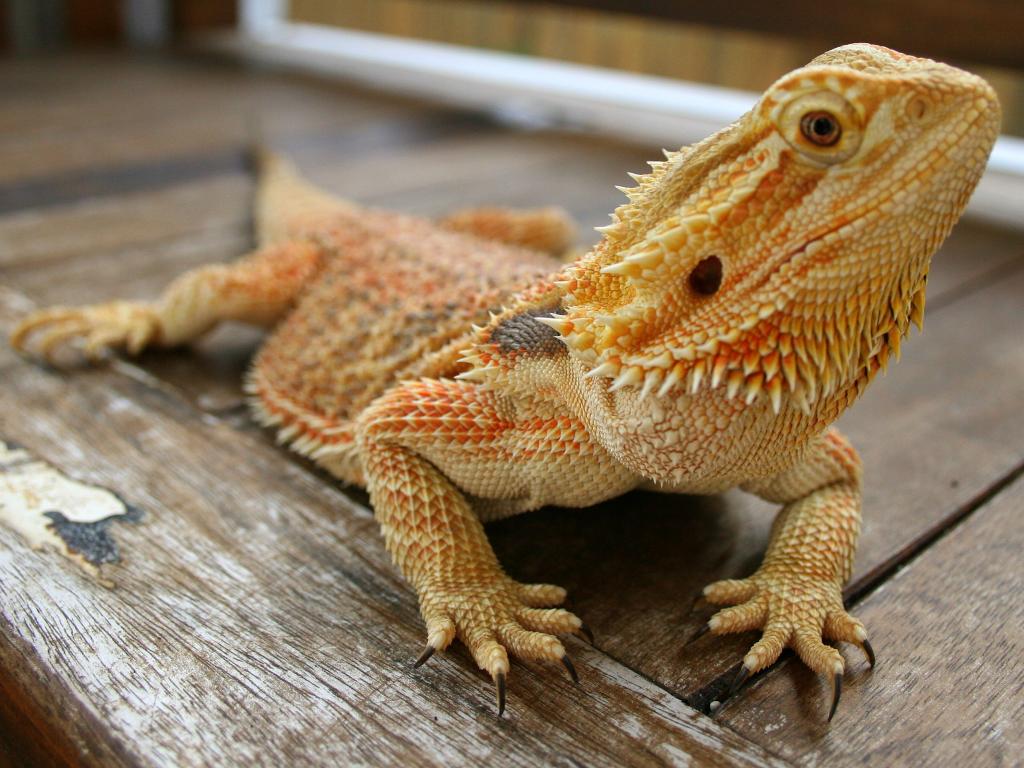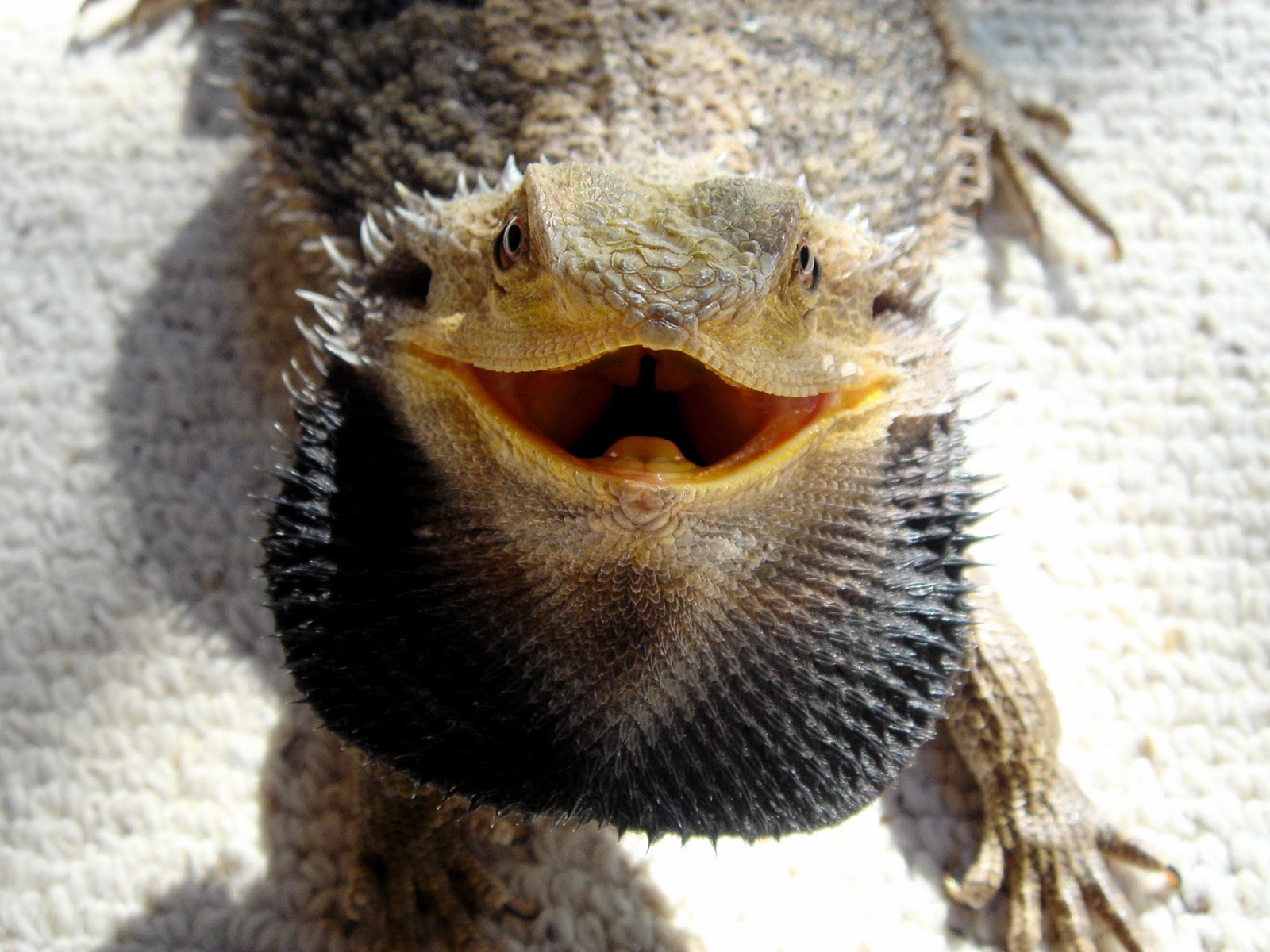Why Your Bearded Dragon Might Not Be Eating for a Month: A Beginner's Guide
Why Your Bearded Dragon Isn’t Eating

It’s not uncommon for a bearded dragon to stop eating for a short period of time. However, if your bearded dragon has not eaten anything in a month or longer, then it’s time to take some action. There are several reasons why your bearded dragon may not be eating.
Possible Reasons Why Your Bearded Dragon Isn’t Eating
Brumation

Brumation is a period of dormancy that is similar to hibernation. Bearded dragons will stop eating, drinking, and become less active during this time. Brumation is completely normal for bearded dragons, and it usually occurs during the winter months. If your bearded dragon is in brumation, then there’s nothing to be alarmed about. Just make sure to provide them with a dark, cool, and quiet place to rest.
Stress

Like humans, bearded dragons can experience stress. Stress can be caused by a change in environment, temperature, handling, or even the presence of a new pet. If your bearded dragon is stressed, then they may refuse to eat. To help alleviate their stress, ensure they have a comfortable and stable environment, and ensure that you’re feeding them the correct diet.
Illness

If your bearded dragon isn’t eating, it could be due to an underlying illness. Some common illnesses in bearded dragons include parasites, impaction, mouth rot, and respiratory infections. If you suspect that your bearded dragon is sick, then take them to a veterinarian that specializes in reptiles.
What to Do When Your Bearded Dragon Stops Eating
If your bearded dragon hasn’t eaten anything in a month, then it’s important to take some action. Here are some steps that you can take:
- Make sure the temperature and lighting in their habitat is correct.
- Offer your bearded dragon a variety of foods, including insects and vegetables.
- Ensure that the food you’re feeding them is fresh.
- Ensure that the food you’re feeding them is the right size and appropriate for their age.
- Take them to a reptile veterinarian if you suspect that they’re sick.
- If they’re in brumation, ensure that they have a dark, cool, and quiet place to rest.
Taking these steps can help your bearded dragon regain their appetite and ensure that they’re healthy.
Conclusion
Bearded dragons are great pets, but they do require proper care to ensure that they’re healthy. If your bearded dragon hasn’t eaten anything in a month or longer, then it’s important to take action. By knowing the possible reasons and taking the appropriate steps, you can help your bearded dragon regain their appetite and ensure that they’re healthy.
